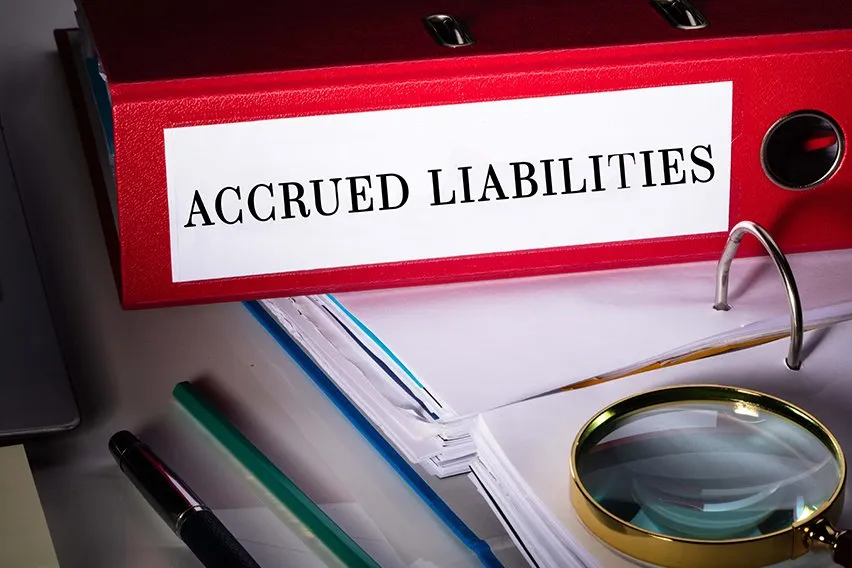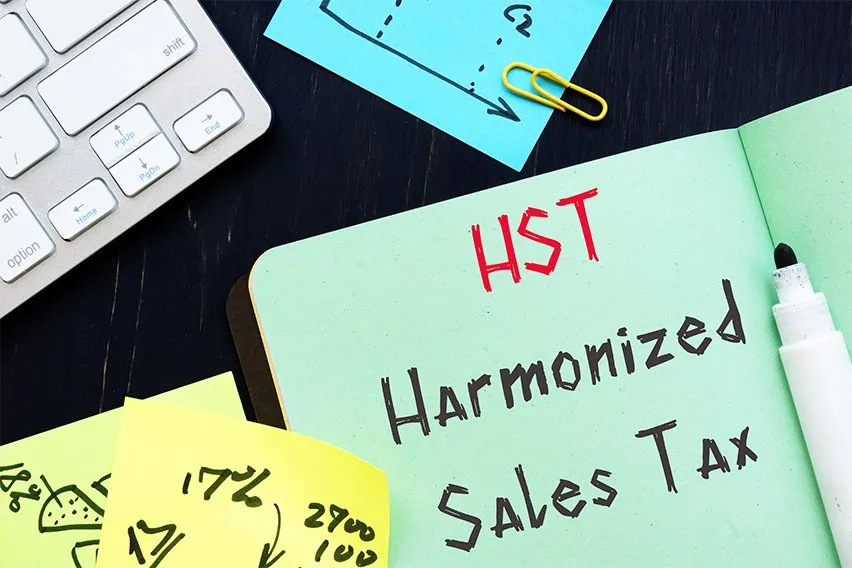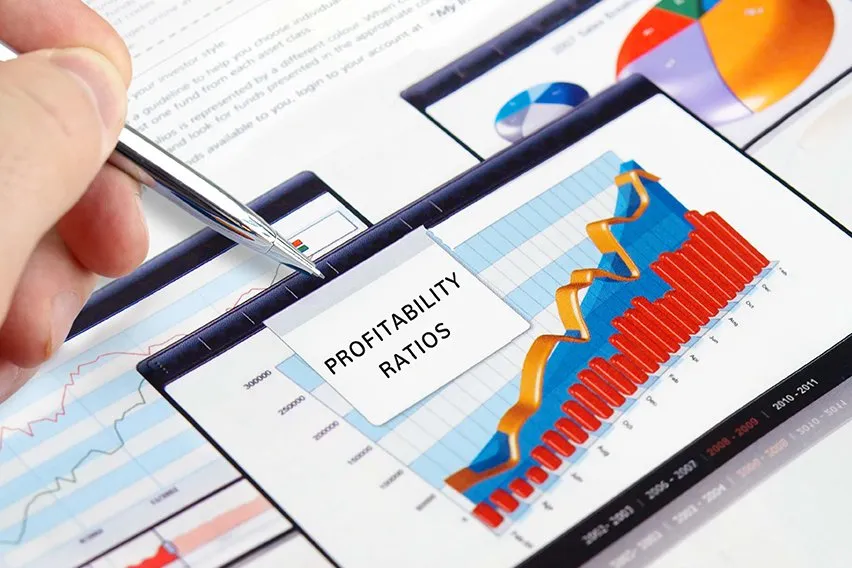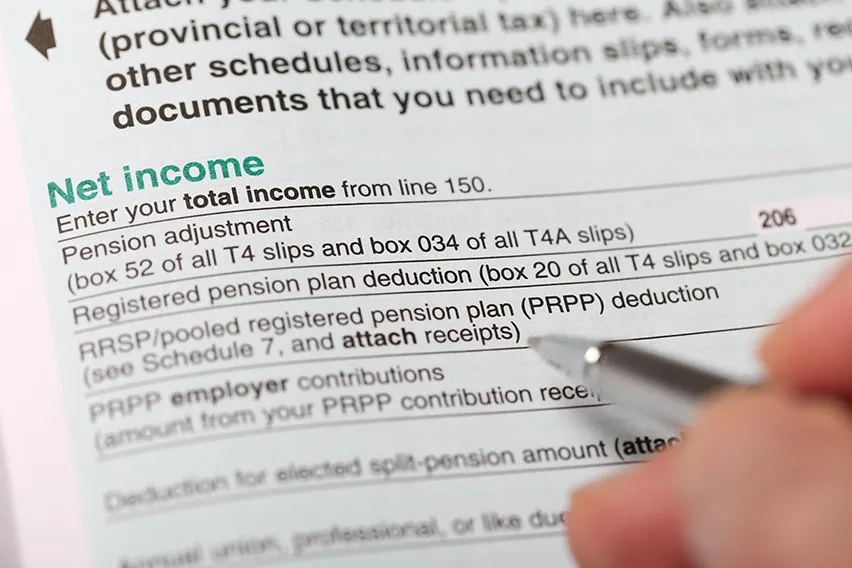What Are Accrued Liabilities? Definition, Types & Examples

Knowing where your business stands financially is a must. Being able to see where your money is coming from, as well as where it’s going, is key in running things smoothly. A large part of that comes down to your business’s assets and liabilities. Both have an impact on a company’s financial health, but liabilities need to be reviewed more critically. This is especially true when speaking about accrued liabilities. Are you aware of your business’s accrued liabilities? Learn how to stay on top of them with our article!
Here’s What We’ll Cover:
Understanding Accrued Liabilities
Who Handles Accrued Liabilities?
When Does a Business Incur Accrued Liabilities?
Examples of Accrued Liabilities
What is the Easiest Way to Handle Accrual Accounting?
Defining Accrued Liabilities
An accrued liability is an expense that your business has. It hasn’t been paid for yet, though. It can also be called an accrued expense. Accrued liabilities or expenses occur in the accrual method of accounting.
When discussing an accrued liability, it is generally for goods or services that your business has already received. These expenses still have to be paid for. In most cases, it is a regular expense. These are the things that any company needs to continue business activities. Some examples of accrued liabilities are below.
- Rental Expense: Expenses related to renting property for business operations
- Wage Expense: The money paid to employees for wages or salaries, also called payroll expense
- Business Expense: General expenses that a business incurs during operation
- Utility Expenses: Money paid for utilities that a business uses

Understanding Accrued Liabilities
Accrued liabilities are financial obligations that a business incurs. The goods and services have been received, but the money has not been paid for them yet. Because they aren’t paid for yet, they aren’t recorded in the general ledger.
These expenses only occur when using the accrual accounting method. Accrual-based accounting relies on the timing and matching principle. When using accrual accounting methods, expenses are recorded on current financial statements. They are not recorded on the general ledger, though. This is because the period that they are incurred in may differ from the accounting period they are paid in.
So why are they recorded in the same period they’re incurred in? This is so that financial statement users are provided with accurate information. They need to be aware of the costs that are required to generate revenue. They use this information to determine the financial health of the business.
Types of Accrued Liability
There are two different types of accrued liability that every company must account for. Each is listed below.
Routine Accrued Liability
These are also referred to as recurring liabilities. These expenses are a normal part of a company’s day-to-day activities. They are planned for in terms of business cash flow. A good example of this is interest on an outstanding loan. They know that it generates every accounting period, but it isn’t paid for until the next period.
Non-Routine Accrued Liability
These are expenses that don’t occur regularly. It can be considered an unexpected cost, or an infrequent accrued liability. These aren’t a part of normal business operations. An example of this could be a necessary repair to machinery.
Who Handles Accrued Liabilities?
In larger companies, accrued liabilities are handled by accounts payable. This is a department that handles any outgoing cash flow for expenses. Accounts payable handles all liability accounts, making sure that they’re padi on time. They also make sure that they are paid accurately. They are similar in function to accounts receivables, but they handle payments rather than collections.
When Does a Business Incur Accrued Liabilities?
Businesses incur accrued liabilities throughout the course of normal business. These are costs that are built into most accounting software options, and they can help you stay on top of them. Some instances when accrued liabilities are incurred are listed below:
- Goods or services are purchased on a deferred payment plan rather than with cash payments
- Employees perform work for which they haven’t been paid for yet
- Interest that accrues on loans for outstanding balances
- Taxes, like income taxes, owed to governments
One of the largest accrued liabilities that a business incurs is employee salaries. At the end of each calendar year, employee salaries and employee benefits must be recorded in the appropriate year. This is regardless of when the paychecks are distributed. It is a cost that is planned for and expected, and it accrues as employees perform work. They have to be paid for that work, so it is an accrued liability on the company’s part.

Examples of Accrued Liabilities
When discussing accrued liability, there are some common categories they fall into. Most companies will incur these expenses. Examples of these liabilities are listed below.
Wages
Employees work, and then are paid at a later date. It is very rare that employees are paid as a current liability. As such, nearly all businesses have accrued liabilities associated with salaries and wages.
Goods and Services
To produce products, most companies receive supplies without paying for them immediately. This gives them the chance to generate revenue using the supplies, then pay for them afterwards.
Interest on Financing
Most businesses have to operate using financing to start. Lenders will charge a known amount of interest on this financing. Businesses accrue this liability over the life of the loan. It doesn’t go away until the loan is paid off.
What is the Easiest Way to Handle Accrual Accounting?
If your business is using the accrual method of accounting, then accounting software is the best way to keep things organized. It allows you to create journal entries for accrued expenses, and will place the information where it is necessary. Accounting software is the easiest way to keep up with accrual accounting.
Key Takeaways
Accrued liabilities are something that most businesses will experience. Expenses are often deferred for payment at a later date. This happens most frequently with goods, services, wages, and interest. Some of these expenses are routine, while others are unexpected. If your business is using accrual accounting, having good software can make accounting easier. If you’re looking for more accounting information like this, be sure to check out our resource hub! We have all of the tips and guides you may need for your business’s accounting needs.
RELATED ARTICLES

 How to Do Cash Flow Analysis? The Ultimate Guide
How to Do Cash Flow Analysis? The Ultimate Guide How to Calculate HST for Small Businesses
How to Calculate HST for Small Businesses Profitability Ratios: Definition & Types
Profitability Ratios: Definition & Types What is the Cost Principle? Definition & Meaning
What is the Cost Principle? Definition & Meaning How to Calculate Net Income: Examples & Formula
How to Calculate Net Income: Examples & Formula